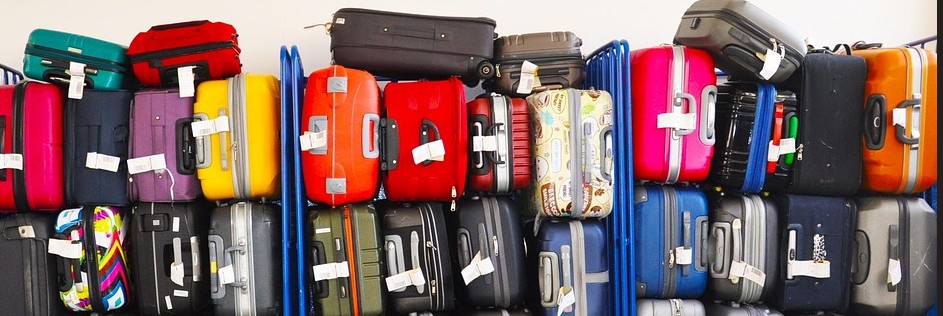
U.S. Airlines Rake in $7.2 Billion in Baggage Fees In 2024

In 2024, U.S. airlines amassed a staggering $7.2 billion from checked baggage fees, marking a significant increase from previous years. This surge in ancillary revenue underscores a growing trend where airlines supplement ticket sales with additional charges, often at the expense of passenger satisfaction.
Baggage fees first took off in 2008 when American Airlines introduced a $15 charge for the first checked bag during a period of spiking fuel prices. Soon after, other major carriers followed suit. Delta and United Airlines now charge $35 for the first checked bag and $45 for the second on domestic flights, with JetBlue recently raising its own fees to match.
Alaska Airlines and Frontier have similar structures, often with added charges depending on fare type or time of booking. Until recently, Southwest Airlines had famously resisted this industry-wide trend, maintaining its “bags fly free” policy for over a decade — a key differentiator that helped fuel customer loyalty. But with the airline’s May 2025 announcement introducing fees, virtually all major U.S. carriers now capitalize on baggage as a major revenue stream.
Passengers are now charged $35 for the first checked bag and $45 for the second. While certain fare classes and loyalty members retain some baggage privileges, this shift represents a significant departure from Southwest’s customer-friendly image.
The decision has sparked backlash from loyal customers and industry analysts alike. Henry Harteveldt, an airline industry analyst, criticized the move, stating, “This is how you destroy a brand. This is how you destroy customer preference.”
Southwest’s policy change is part of a broader industry trend where airlines increasingly rely on ancillary fees to bolster revenues. Major carriers like American Airlines and JetBlue have also adjusted their baggage fee structures, contributing to the collective $7.2 billion revenue from such charges in 2024.
These fees, while lucrative for airlines, have been met with growing frustration from travelers who feel nickel-and-dimed for services that were once included in the ticket price. The lack of transparency and the cumulative cost of additional fees can significantly impact the overall travel experience.
The introduction of baggage fees may also have unintended operational consequences. With more passengers opting to carry on luggage to avoid fees, overhead bin space becomes a premium commodity, potentially leading to boarding delays and increased in-flight spats.
The New Normal
As airlines continue to adjust their business models in response to financial pressures and evolving consumer behaviors, passengers are encouraged to stay informed about fee structures and consider the total cost when booking flights.
Utilizing airline loyalty programs, credit card benefits, and strategic packing can help lessen the pain and expense of checking baggage.



